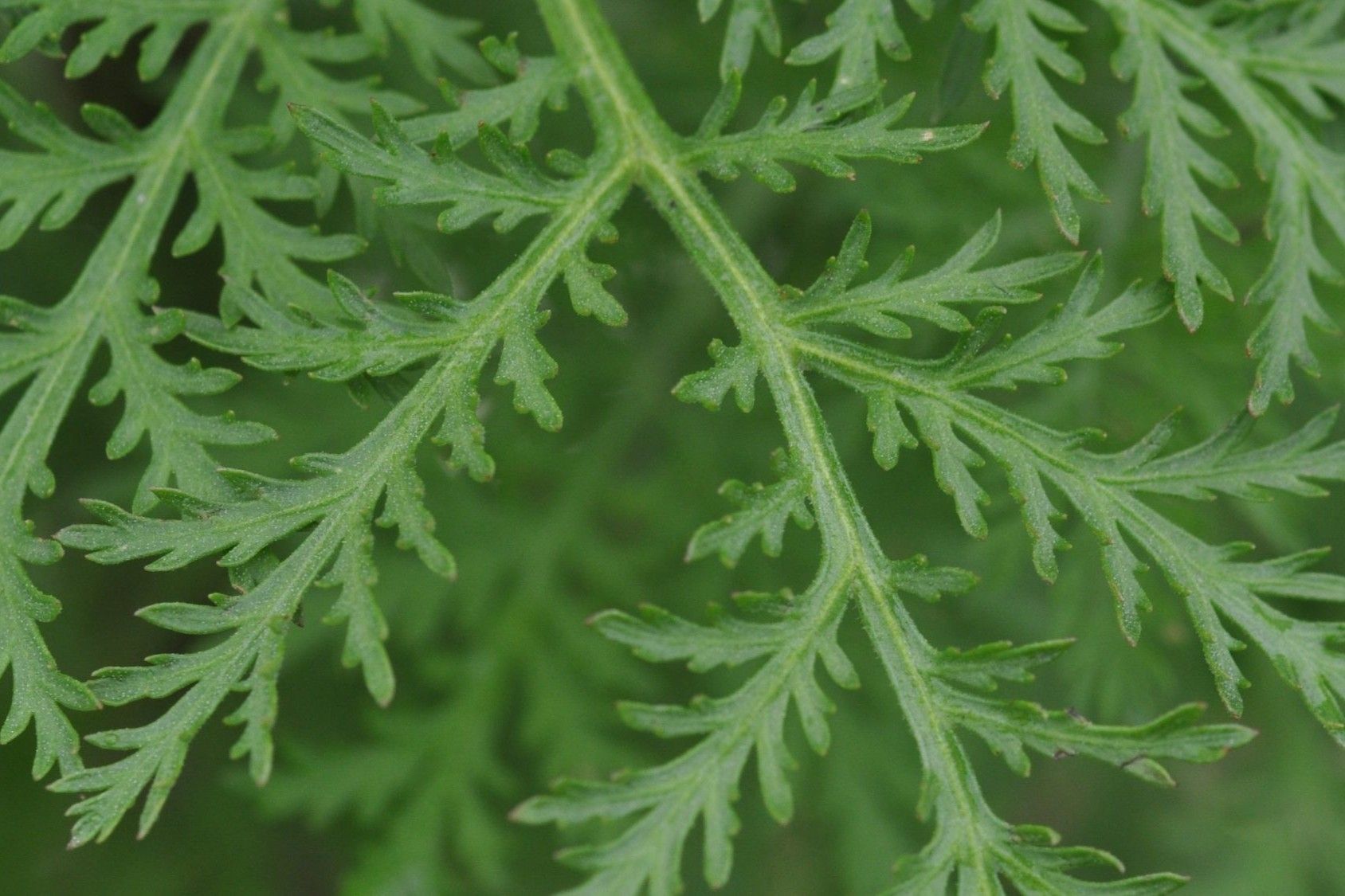
Wormwood, a plant with a name that sounds straight out of a fantasy novel, has intrigued humans for centuries. But what exactly is it? Wormwood is a bitter herb known for its medicinal properties and its role in making absinthe, a once-banned alcoholic drink. This plant, scientifically called Artemisia absinthium, grows in temperate regions and has a rich history in folklore and medicine. People have used it to treat digestive issues, expel worms, and even ward off evil spirits. Curious about more? Here are 27 fascinating facts about this mysterious herb that might just surprise you.
What is Wormwood?
Wormwood, also known as Artemisia absinthium, is a plant with a long history of medicinal and culinary use. Its bitter taste and potent properties have made it a subject of fascination for centuries. Let's dive into some intriguing facts about this unique herb.
-
Scientific Name: Artemisia absinthium is the scientific name for wormwood. It belongs to the Asteraceae family.
-
Bitter Taste: The plant is renowned for its extremely bitter taste, which is due to the presence of absinthin.
-
Absinthe Ingredient: Wormwood is a key ingredient in absinthe, a famous alcoholic beverage known for its green color and high alcohol content.
-
Medicinal Uses: Historically, it has been used to treat digestive disorders, fever, and even as a vermifuge to expel intestinal worms.
-
Native Regions: The plant is native to temperate regions of Europe, Asia, and Northern Africa.
Historical Significance of Wormwood
Wormwood has played a significant role in various cultures throughout history. Its uses and symbolism have evolved over time, reflecting its importance.
-
Ancient Egypt: Egyptians used wormwood for medicinal purposes and in religious rituals.
-
Greek Medicine: Hippocrates, the father of medicine, mentioned wormwood in his writings as a treatment for jaundice and rheumatism.
-
Roman Times: Romans used it as a flavoring for wines and as a remedy for digestive issues.
-
Medieval Europe: During the Middle Ages, it was used to ward off insects and as a treatment for various ailments.
-
Biblical References: Wormwood is mentioned in the Bible, symbolizing bitterness and sorrow.
Wormwood in Modern Times
Despite its ancient roots, wormwood continues to be relevant today, both in traditional medicine and modern applications.
-
Essential Oil: Wormwood essential oil is used in aromatherapy for its purported calming effects.
-
Pest Repellent: The plant's strong aroma makes it an effective natural insect repellent.
-
Culinary Uses: While not common, wormwood is sometimes used in small quantities to flavor certain dishes and beverages.
-
Herbal Teas: Wormwood tea is consumed for its digestive benefits, though it should be taken in moderation due to its potency.
-
Homeopathy: In homeopathic medicine, wormwood is used to treat a variety of conditions, including anxiety and insomnia.
Interesting Facts About Wormwood
Beyond its practical uses, wormwood has some fascinating characteristics and trivia that make it even more intriguing.
-
Absinthe Ban: Absinthe was banned in many countries in the early 20th century due to concerns about its psychoactive effects, largely attributed to thujone, a compound found in wormwood.
-
Thujone Content: Modern absinthe contains regulated amounts of thujone, making it safe for consumption.
-
Symbolism: In literature and art, wormwood often symbolizes bitterness, betrayal, and sorrow.
-
Pollinator Friendly: Despite its bitter taste, wormwood flowers attract pollinators like bees and butterflies.
-
Drought Resistant: The plant is highly drought-resistant, making it suitable for arid climates.
Wormwood Varieties
There are several varieties of wormwood, each with its unique characteristics and uses.
-
Sweet Wormwood: Also known as Artemisia annua, this variety is used to produce artemisinin, a key ingredient in malaria treatment.
-
Roman Wormwood: Artemisia pontica, or Roman wormwood, is used in the production of vermouth.
-
Silver Mound: Artemisia schmidtiana, commonly known as Silver Mound, is a popular ornamental plant due to its attractive silver foliage.
-
Mugwort: Artemisia vulgaris, or common mugwort, is closely related to wormwood and shares many of its medicinal properties.
Cautions and Considerations
While wormwood has many benefits, it also comes with some precautions that should be noted.
-
Toxicity: High doses of wormwood can be toxic and may cause seizures or other serious health issues.
-
Pregnancy: Pregnant women should avoid wormwood due to its potential to induce uterine contractions.
-
Allergies: Some individuals may be allergic to wormwood and should avoid contact with the plant.
The Final Word on Wormwood
Wormwood is more than just a plant with a bitter taste. Its medicinal properties have been valued for centuries. From treating digestive issues to being a key ingredient in absinthe, wormwood has a rich history. It's fascinating how this plant, often seen as just another herb, plays a significant role in traditional medicine and culinary arts. While it has benefits, remember that wormwood should be used with caution due to its potent compounds. Always consult with a healthcare professional before adding it to your regimen. Whether you're interested in its historical uses or its potential health benefits, wormwood is a plant worth knowing about. So next time you come across this intriguing herb, you'll have a deeper appreciation for its unique qualities and historical significance.
Was this page helpful?
Our commitment to delivering trustworthy and engaging content is at the heart of what we do. Each fact on our site is contributed by real users like you, bringing a wealth of diverse insights and information. To ensure the highest standards of accuracy and reliability, our dedicated editors meticulously review each submission. This process guarantees that the facts we share are not only fascinating but also credible. Trust in our commitment to quality and authenticity as you explore and learn with us.
